I created a docker image which is subjected to test to login into container with SSH. However when I try to ssh into the container, I was asked the root password. Any ideas to get around it.
Dockerfile
FROM ubuntu:trusty
RUN apt-get update
RUN apt-get install -y openssh-server supervisor vim build-essential git
RUN mkdir -p /var/run/sshd
ADD supervisord/sshd.conf /etc/supervisor/conf.d/sshd.conf
RUN echo 'root:root' | chpasswd
EXPOSE 22
CMD ["/usr/bin/supervisord"]
supervisord/sshd.conf
[supervisord]
nodaemon=true
[program:sshd]
command=/usr/sbin/sshd -D
